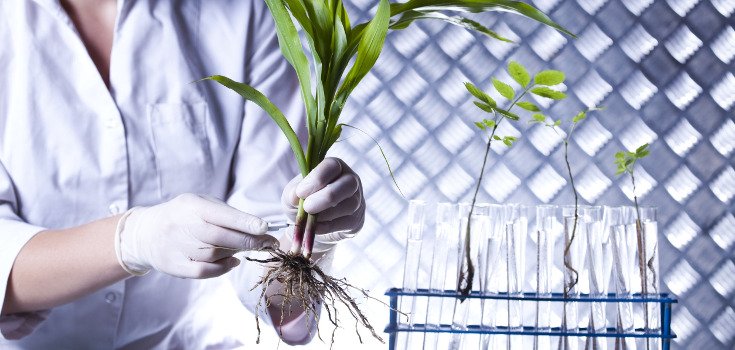WHO About to Deliver Huge Blow to Companies Like Monsanto

When the World Health Organization recently declared that the herbicide ingredient glyphosate was ‘probably carcinogenic,’ numerous countries responded with bans, serious inquiries, and boycotts of Monsanto’s Roundup. Now, the WHO is now set to review another Big Ag chemical, 2,4-D, just three months after Monsanto was delivered news it couldn’t swallow. You can bet Big Ag is nervous.
It isn’t as if this ‘bad’ news is ‘big news’ to most of us in the GMO-awareness movement. We’ve been sounding the warning sirens about these products for decades. What matters is that a WHO declaration that a product is cancerous finally gives government agencies and local municipalities the extra ‘oomph’ they need to take decisive action against agribusiness companies who are poisoning us and the planet.
The herbicide 2,4-D is set to be examined by twenty-four scientists representing the WHO’s International Agency for Research on Cancer (IARC).
The review will occur at a meeting scheduled for June 2nd– 9th in Lyon, France.
Read: Health Authorities Call Glyphosate a Human Carcinogen
A totally separate group of IARC scientists were the ones who delivered a death blow to Monsanto, but a joyful recognition to all those who have been negatively affected by Big Ag chemicals. It meant that things were finally changing.
Many believe the new scientific panel could deliver a similar fate to makers of 2,4-D, the main ingredient used in Vietnam, known around the world as Agent Orange.
Michael Hansen, a senior scientist at Consumers Union believes they will upgrade 2,4-D’s status as a dangerous chemical, which would then prompt a similar reaction to Monsanto’s Glyphosate – bans, consumer boycotts, and more.
With the obvious reference in our history of the Vietnam War, the case for 2,4-D is even more open and shut than with glyphosate. Dow representatives say there is no cancer link, but IARC scientists Maria Leon, and others, say that there are multiple cancer connections triggered by 2,4-D exposure.
Should the WHO’s declaration concerning 2,4-D be similar to that given for glyphosate, that means first Monsanto, and then Dow Chemical would be knocked down to size within months. Big Ag, the world is asking for you to pay your karmic debt. It starts now.

Since the WHO is part of the problem, they’ll just make some arbitrary statement. Then Monsanto will continue doing as Monsanto does.
It does seem rather odd that the WHO are biting the hand that feeds. Similar apparent changes in position have happened with Big Ag, Big Pharma and friends before and usually there’s some profit motive. One example is Du Pont changing its position on CFCs and the ozone layer right after they patented potential replacements for CFCs. Instead of cheap generic compounds being available as refrigerants and propellants, the world ended up paying Du Pont a fortune for proprietary replacements. It looked as though Du Pont had seen the light, but instead had seen the chance to get a UN-backed treaty guaranteeing their profits for years to come. Something similar happens with drugs on a regular basis: Hide the side-effects, deaths and injuries until just before the patent expires; see the light and agree to a settlement that is a small fraction of the profits from the drug; withdraw the drug and so prevent it from ever going generic as it is now officially dangerous; release a proprietary, expensive replacement and corner the market again. I have no idea if a new, patented, super-herbicide complete with resistant GM crops is in the wings, but it wouldn’t surprise me. Getting cheap glyphosate and 2,4-D banned shortly before its release would play straight into Big Ag’s hands.